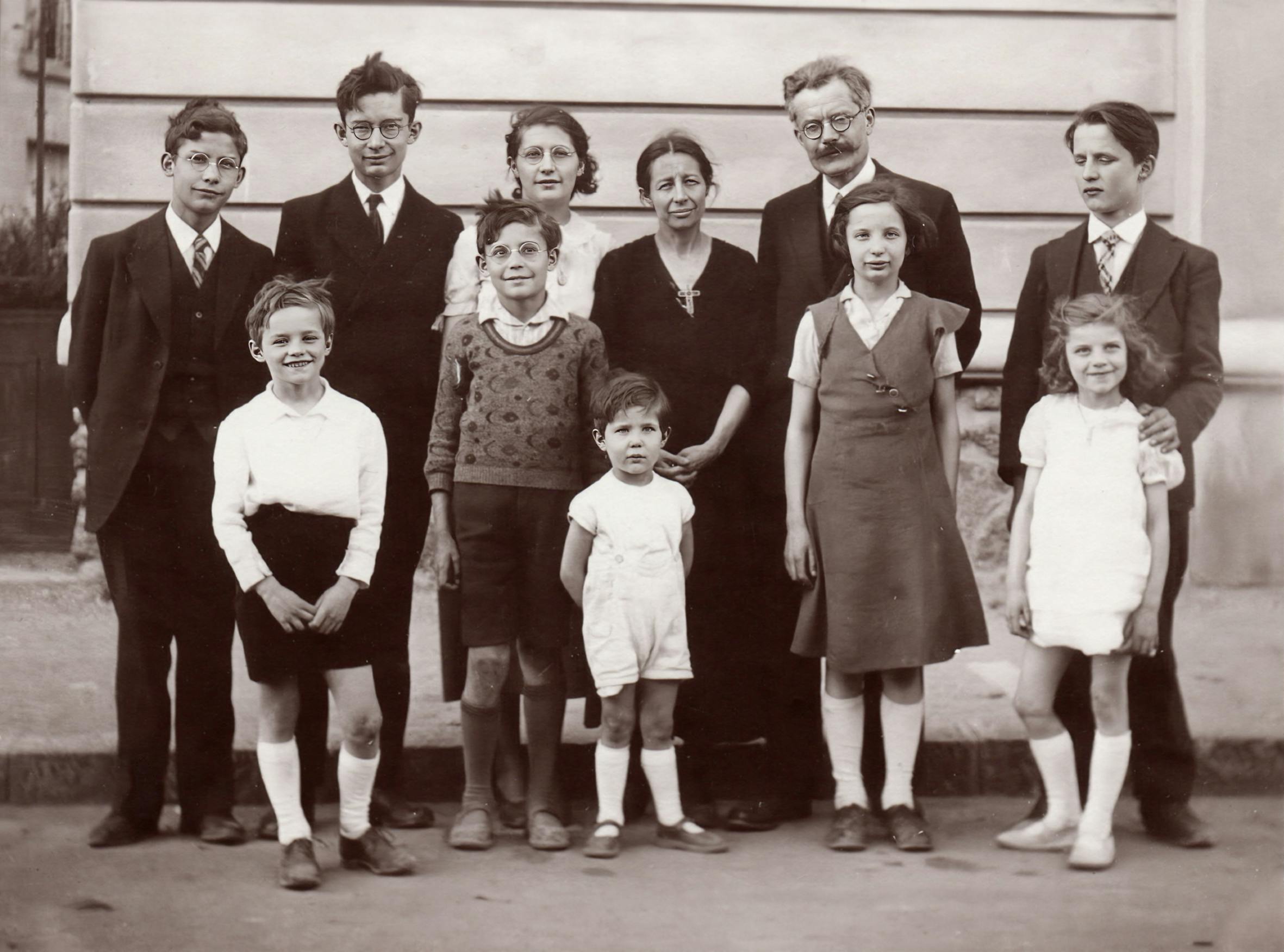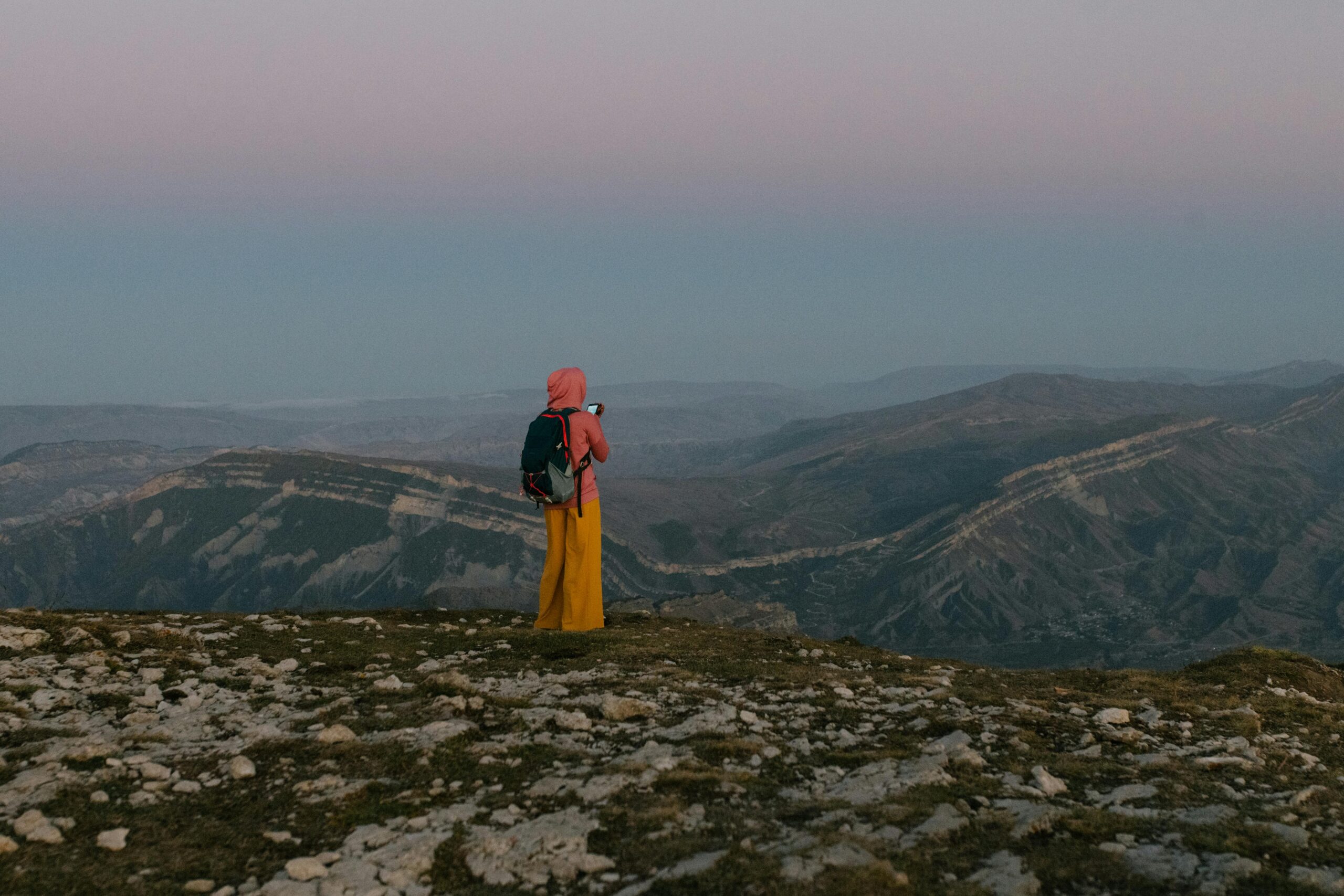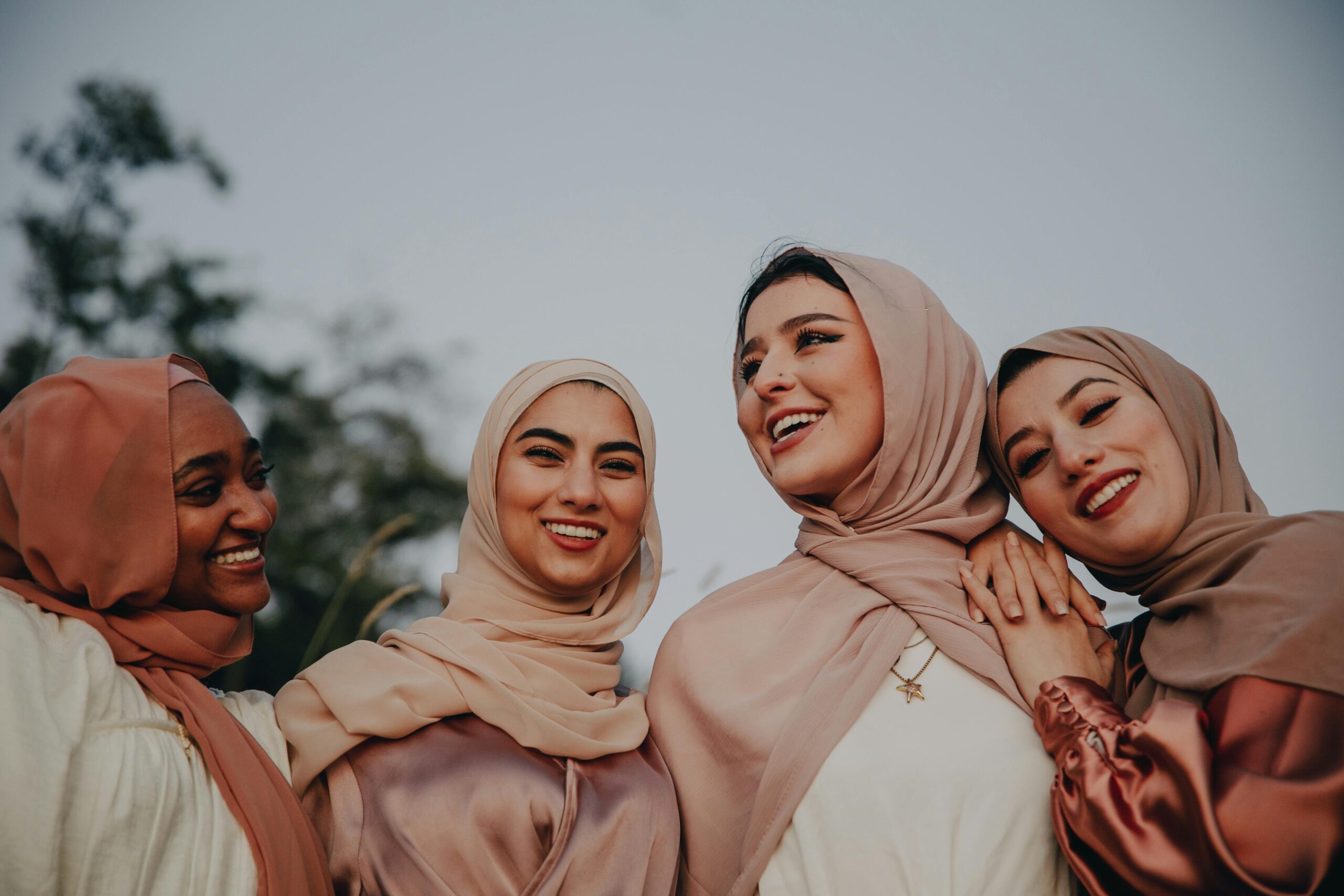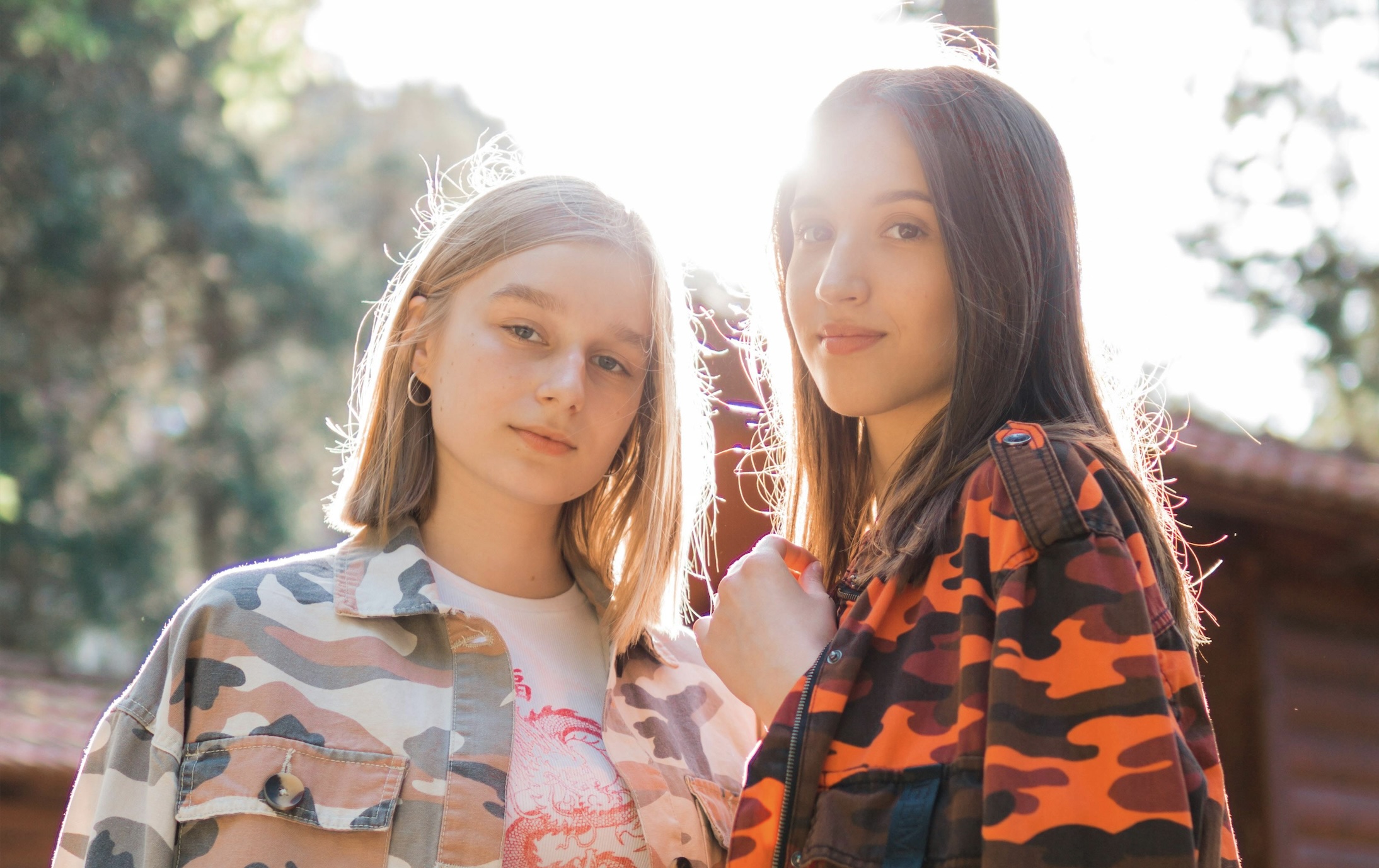
Marcie Maxfield’s signature wit is on full display with her upcoming memoir, ‘JewGirl’ (Oct 1, 2025, Desert Canyon Press) an incisive, acerbic portrait of being Jewish and female during a time when antisemitism is on the rise and women’s rights are under attack.
‘JewGirl’ features essays tracing Maxfield’s life from childhood to the present, capturing key moments that shaped her—from a young girl searching for belonging to a vocal feminist who embraces her Jewish heritage. Equal parts memoir and social commentary, JewGirl explores the intersection of Jewish identity, gender equality, and race.
Maxfield questions the assumption that systemic racism is based on skin color, noting how Jews are often left out of the conversation, despite enduring centuries of violent oppression. With nuance, compassion and humor, she examines the allure of assimilation, the ongoing impact of antisemitism on her family and community, and the resilience of the Jewish people.
Funny, sharp, and heartfelt, JewGirl is a candid and compelling meditation on identity, privilege, and one woman’s journey to find her place in the world. Scroll below for an exclusive excerpt from a chapter titled ‘Boy with the Elastic Smile’.

I don’t remember how we met. Maybe he sat behind me in math class. Pulled my hair. No, that came later. We ran around like a pack of wolves, shuffling from one basement to another, listening to music, hanging out. I remember his eyes. I remember his hair. I remember his smile. The way his skin stretched like Silly Putty, and I laughed when he twisted it into funny faces.
How he used to stare at me across a smoky room as if to burn a hole. That I used to throw rocks at his bedroom window. Split-level suburban tract house. Let me in. The first time we kissed. He was wearing white jeans, a size too small, hair loose around bare shoulders. No one home but us. Cranked up the stereo. Some sort of Latin hip swivel.
It was all a schoolgirl fantasy.
Later, he’d visit me at university. Draw a swastika on the notepad hanging outside my dorm room, like it was his signature. I understood it to be his calling card. I’m here, girl. Let me in. If anyone called him out, he’d laugh and say it was an Indian good-luck symbol. He could have been Indian, skin somewhere between the colors of earth and sand. I wasn’t concerned with antisemitism back then, so I made a lot of excuses for the boy with the elastic smile. “He’s just being provocative,” I told my friends.
He disappeared for a few years and went on the road with a band. I was working in the music industry when he dropped back into my life. Walked in the front door of my apartment as if he belonged there. Honey, I’m home. And we became what I had always imagined since the moment I first laid eyes on him, when I was still in a training bra, and he was barely a man. I felt a sense of connectedness to this guy. Easy, comfortable, intuitive. I was not thinking Let’s get married and have kids. I was thinking, for right now, this feels so good. The plus sign came as a surprise.
Pink or blue?
“A baby,” he said, clutching his belly, as if he’d be the one carrying it. Standing there in my living room, barefoot in faded jeans and a shrunken T-shirt, a rock band plastered across his chest. I didn’t even have a couch. He didn’t take a step towards me; it was as if he were superglued to the floor. It was in that moment that he didn’t move closer to me that I knew he was pulling away.
A week later, he enlisted.
He would be in basic training before the baby was even born. And, bam, reality hit: that baby would be mine alone. The diapers, the fevers, the babysitters, all of it, mine. This is not how it’s supposed to be, I thought, staring at the end of us. This was not how my life was supposed to turn out—a single mom at twenty-three. I chose me, my life, in an instant, in the time it took to register that the baby’s father couldn’t commit and that he wouldn’t be there for me or our hypothetical child. It was an entirely pragmatic decision—one that I was entitled to make.
When I became pregnant, Roe v. Wade was settled law. The boy with the elastic smile paid for the procedure, dropped me off at the clinic, and borrowed my car to get to work. He wanted nothing to do with it, which mirrored my feelings: I felt nothing. I was in self-preservation mode. Girl, take care of business.
Here’s what it felt like to be with someone for so long, at such a young age, someone so wrong for you, someone who’d leave you in a heartbeat, who’d leave you with two heartbeats and not look back: It felt like I dodged a bullet. He may have joined the army, become an officer and an aviator, but I dodged the bullet.
Years later, the boy with the elastic smile became a disgruntled man, resurfacing on social media talking about making America great again. Accusing Jews of owning the media. Moaning about elementary schools becoming ghost towns. Oh, the unborn babies! How Hillary ran a prostitution ring out of a pizza parlor, and Michelle Obama is really a man. You can tell, he insisted, just look at her hands, her index finger is longer than her middle finger.
Calling Black people Negroes. Poking fun at Jewish culture, joking about kosher salt—managing to use the words kosher, slaughter, ceremony, incantations, Hebrew, and Yiddish all in one succinct Facebook post, evoking blood libel, the age-old claim that Jews murder Christian babies in blood rituals, dating back centuries up through and including Pizzagate and QAnon.
Did you know that all the Jews who worked in the Twin Towers stayed home that day? he emailed me. Blaming Israel for 9/11 and insinuating I had insider information, both in one fell swoop. I had become a representative for my people. JewGirl. And a baby killer. Him ranting about abortion being a sin. His dreams of stardom a distant wound, reproductive rights in his sights.
It’s tempting to dismiss men like him as crazy, but a better word might be disenfranchised, the result of life choices. He had a darkly brooding post-punk stage presence, and he pursued his dream of rock stardom. That’s a long shot, not a mental health crisis.
The last time we were in the same ZIP code was at our high school reunion. When I saw him, I was reminded of the swastika that I had overlooked when my hormones were driving the car. It makes me cringe. So strong was my desire to be loved that I overlooked his inappropriate behavior.
Reproductive rights were a choice my generation of women had. When I hear politicians try to straddle the abortion debate by mentioning “exceptions for rape, incest, and the health of the mother”—as if they’re being generous, fair, and understanding—it makes me want to scream from their false concern. What about a woman’s dreams and aspirations? What about her emotional well-being? What about the well-being of the potential child she may not be prepared to take care of?
There are things I regret, like having unprotected sex, but abortion is not one of them. I don’t even regret having had
this relationship. We were young and attracted to each other. He was the boy my broken-girl-self needed, not the man that I, as a grown-ass woman, would choose. To feel love is a gift and a growth experience, but sometimes it’s meant to be fleeting. Having and raising a child, on the other hand, requires a lifelong commitment.
The last thing I would have wanted at twenty-three years old would have been to be tethered to that holdover high school relationship for the rest of my life. It seems crazy to be writing about this issue. It was settled law. Then along came the triumph of conservative politics, and now “your body, my choice” is trending on TikTok along with other snappy misogynistic catchphrases like “get back to the kitchen” and “Repeal the 19th” (referring to the amendment that gives women the right to vote).
So here we are at the intersection of antisemitism and misogyny.
Marcie Maxfield is the author of ‘Em’s Awful Good Fortune’, winner of the NYC Big Book Award for Contemporary Novel; the Independent Author Network (IAN) Book of the Year Award in Women’s Fiction; and the Foreword INDIES Silver Award in Humor. Her play ‘Girls Together Always’ received an ENCORE! Producers’ Award at the Hollywood Fringe Festival. Originally from Detroit, Maxfield now calls Southern California her home. Order a copy of ‘JewGirl’ by Marcie Maxfield HERE. Visit her website, and follow her on Facebook and Instagram.

















